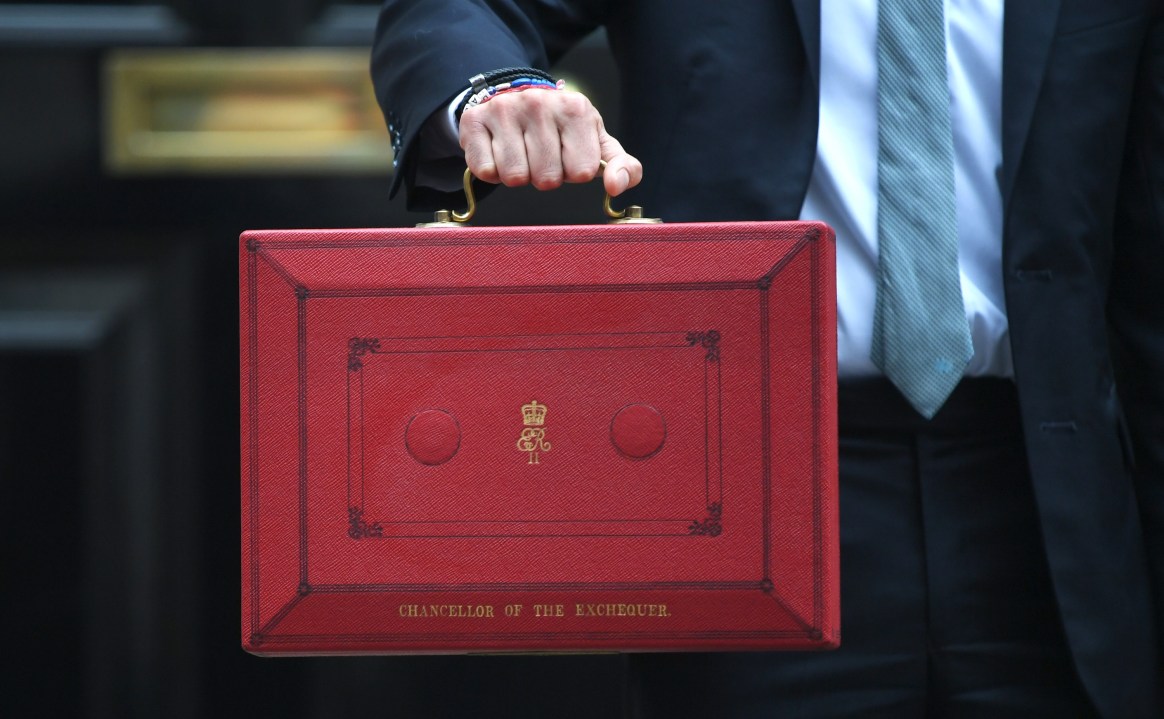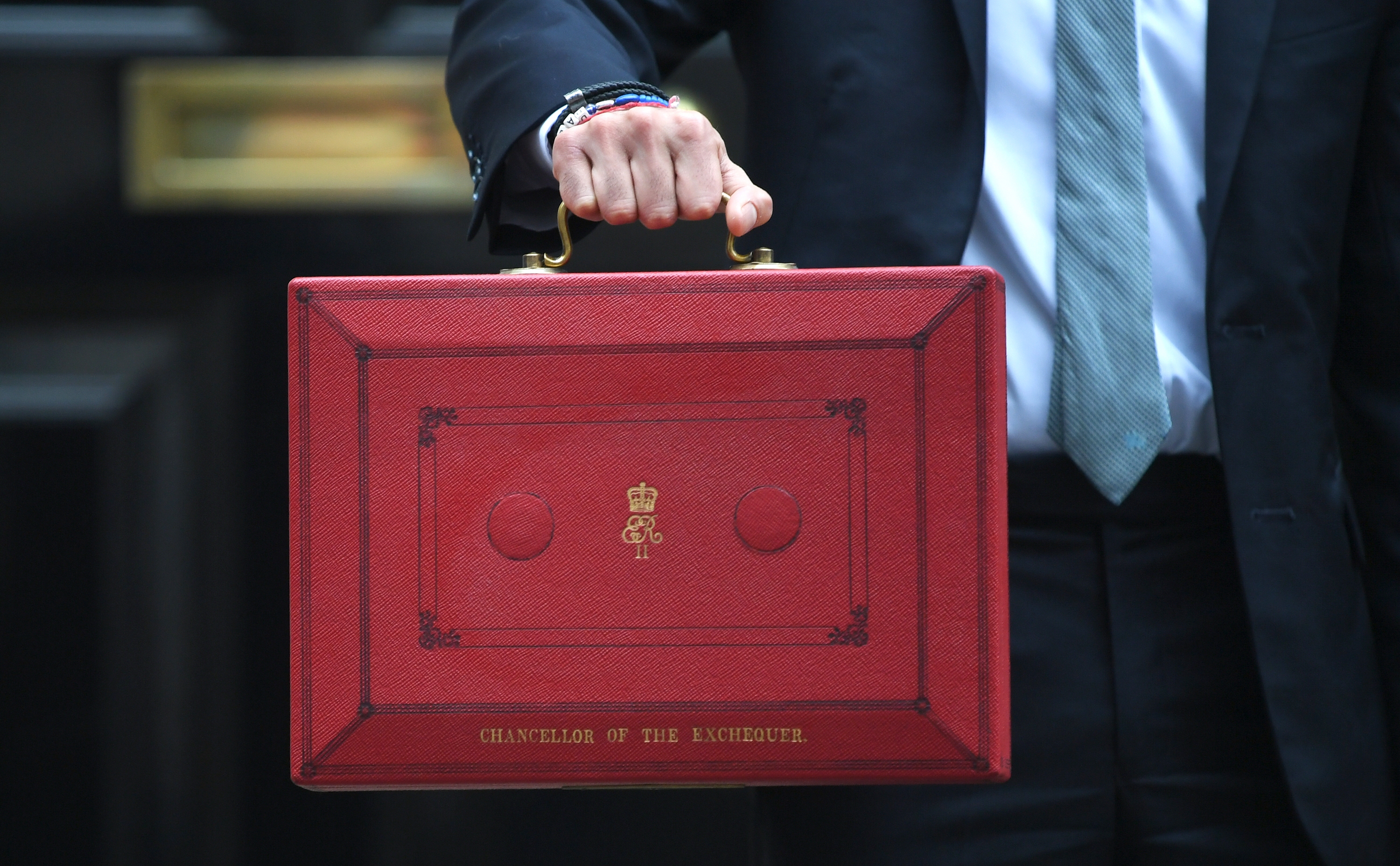It is called managing expectations: priming the public for really bad news so that when modestly bad news arrives it comes across as good news. Today’s public finance figures is a case in point. We have become so used to ever-grimmer predictions of the size of the government’s deficit that the latest figures released this morning ended up being reported in the form ‘borrowing is much lower than expected’.
In May the government borrowed £24.3 billion which, we are told in a government press release, is a whacking £19.4 billion less than last May. Furthermore, total borrowing for the financial year 2020/21, came in at £299.2 billion — which, we are told by the Office for National Statistics, is £28.2 billion less than the £327.4 billion ‘expected by the Office of Budgetary Responsibility’.
Roughly speaking, for every £3 the government spent last year it only received £2 in revenue
But that rather depends on what expectations the ONS is referring to. Borrowing for 2020/21, it is true, has come in lower than the OBR was expecting last November (£394 billion) and lower than it was expecting last August (£372 billion), yet it is higher than it was expecting in April 2020, during the first lockdown (£273 billion), and a world away from what it was expecting at the time of the March budget (£47.4 billion).
What is inescapable is that borrowing is still extremely high by any definition. Roughly speaking, for every £3 the government spent last year it only received £2 in revenue.
While it is easy to dismiss the last year as exceptional, budget deficits had become a way of life even before the Covid crisis. No UK government has succeeded in balancing the books in the past 18 years, in spite of this being a central aim of former chancellors Gordon Brown and George Osborne. There is no longer an expectation that UK governments will even try to run a balanced budget; on the contrary, it has become fashionable to argue that such an ambition is neither necessary nor desirable.
The ruling doctrine that it is a government’s duty to stimulate the economy with public spending is now far more extreme than anything ever proposed by John Maynard Keynes who, in common with the original manifestation of Gordon Brown, advocated a balanced budget over the economic cycle. Now the idea seems to be that a government is failing the people unless it consistently spends more than it receives in revenue.
In adopting this doctrine the government is putting its fate in the hands of international bond investors. So far they have shown extreme patience. But the moment that they lose confidence in the UK government’s ability to repay its debts, the game will be up. It is true that, in having control of our own currency, we won’t find ourselves in quite the position that Greece, Italy and Spain found themselves in following the financial crash of 2008 — in the last resort the Bank of England can print money rather than default on its debt. But you wouldn’t want to be in the hyper-inflationary Britain that will come about as a result.
‘Take Back Control’ was the memorable slogan of the Leave campaign. It is a shame — and could easily turn into a tragedy — that the government has not applied this to the public finances.








Comments